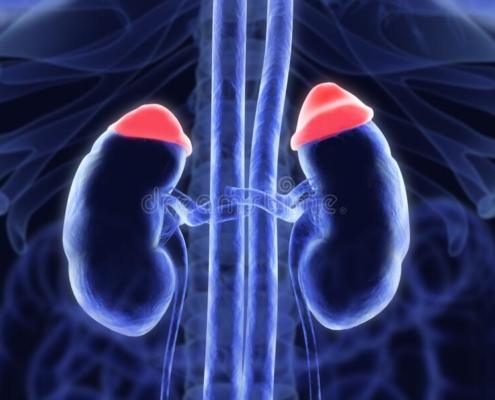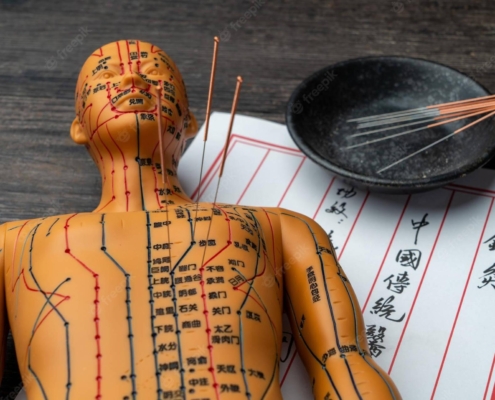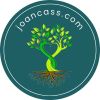 Joan Cass
Joan CassJoan Cass Articles
I'm Joan Cass, and I reside in Texas.
My approach to treating your health issues is based on integrative and functional medicine.
I have spent the last 20 years researching and training in the following areas because I am passionate about assisting my clients in achieving optimal health and well-being:
Electroacupuncture, Biological pathways, Cellular Membranes, Vagus Nerve, Leaky gut syndrome, Western Herbalist, Natural Remedies, Herbal Medications, Mayan Medicines, Parasites.
Herbal medicine (also called herbalism, phytomedicine, or phytotherapy) is the study of pharmacognosy and the use of medicinal plants, which are the basis of traditional medicine.
 Joan Cass
Joan CassFood sensitivities and allergies
Food sensitivities and allergies can cause a range of symptoms, from mild digestive upset to life-threatening anaphylaxis. Treatment options for food sensitivities and allergies depend on the severity of the reaction and the specific allergen or trigger.
 The Restoration Roadmap
The Restoration Roadmap Adrenal fatigue
Adrenal fatigue is a controversial term used to describe a collection of nonspecific symptoms, such as fatigue, body aches, and sleep
 Joan Cass
Joan CassAcupuncture is traditional Chinese medicine
Acupuncturists are practitioners who specialize in this technique and may also use other traditional Chinese medicine practices such as cupping, moxibustion, and herbal medicine.

Restoring Your Life
The restoration of life is a highly individualized process, and what works for one person may not work for another. It's important to remember that setbacks, challenges, and traumas can impact individuals in different ways, and the journey toward restoration is unique to each person.
